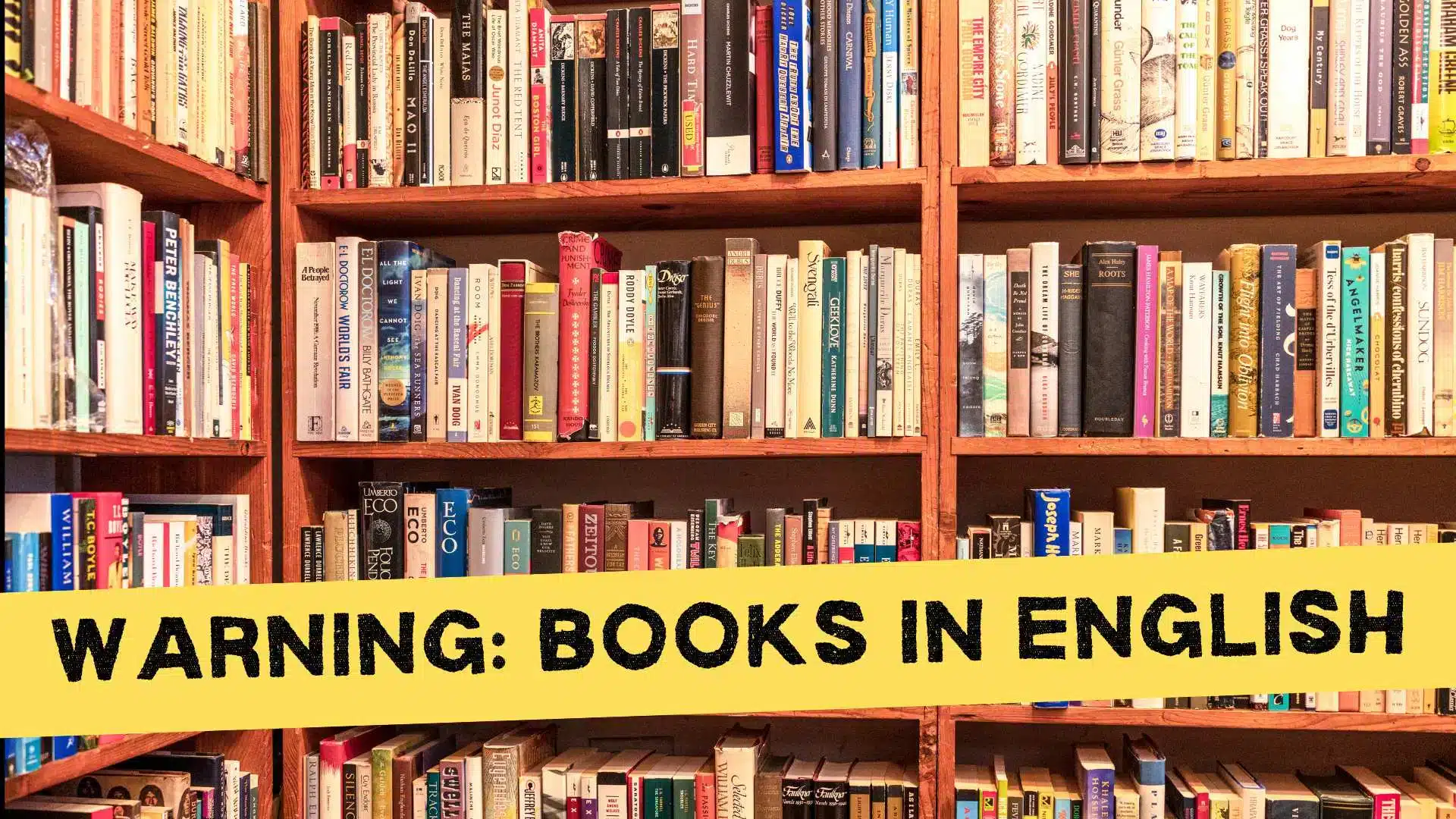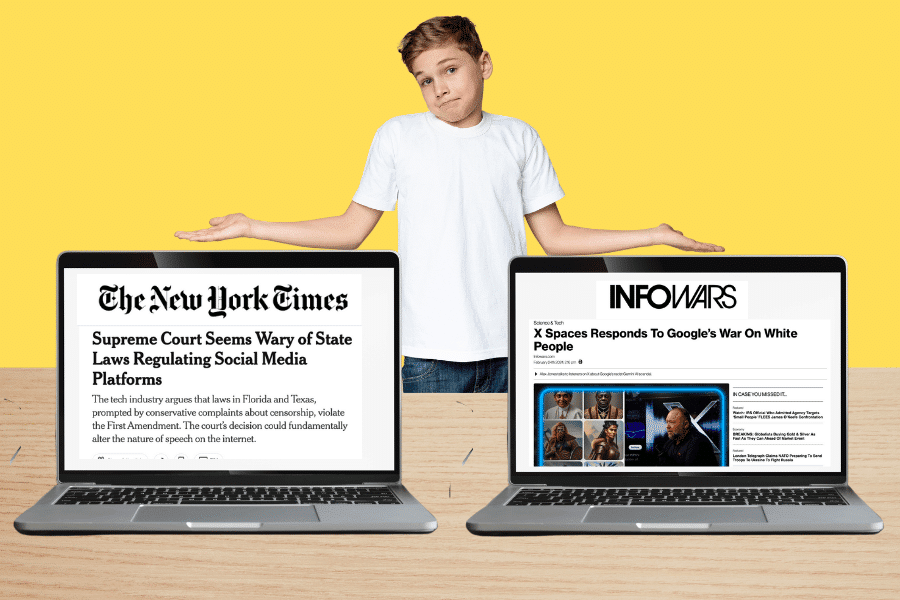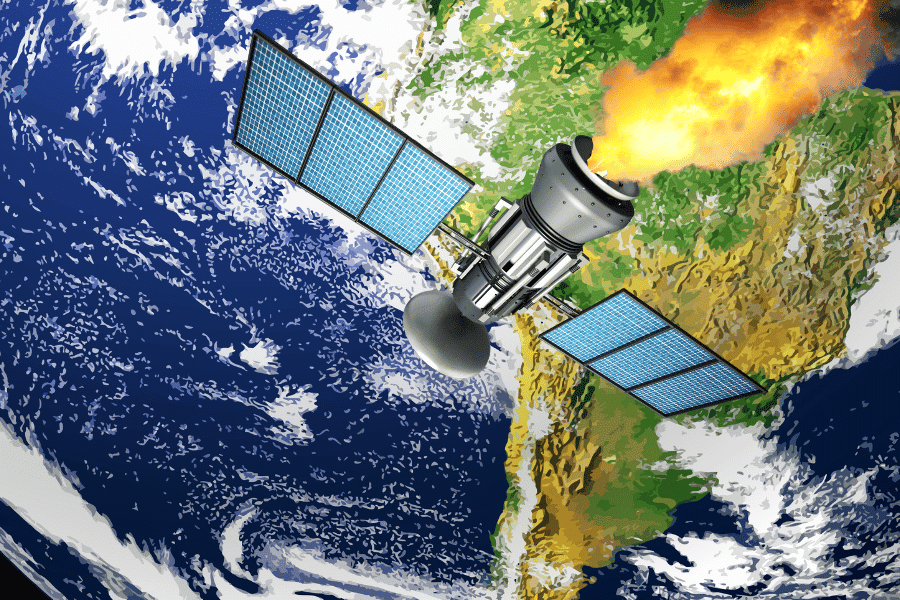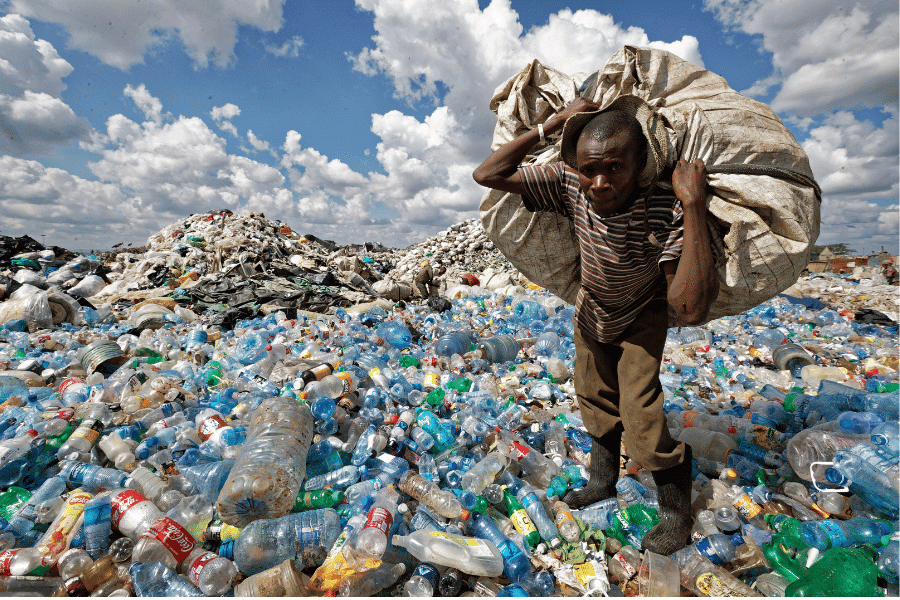We’ve traveled the world this past year. The stories our readers connected to most were all over the map.
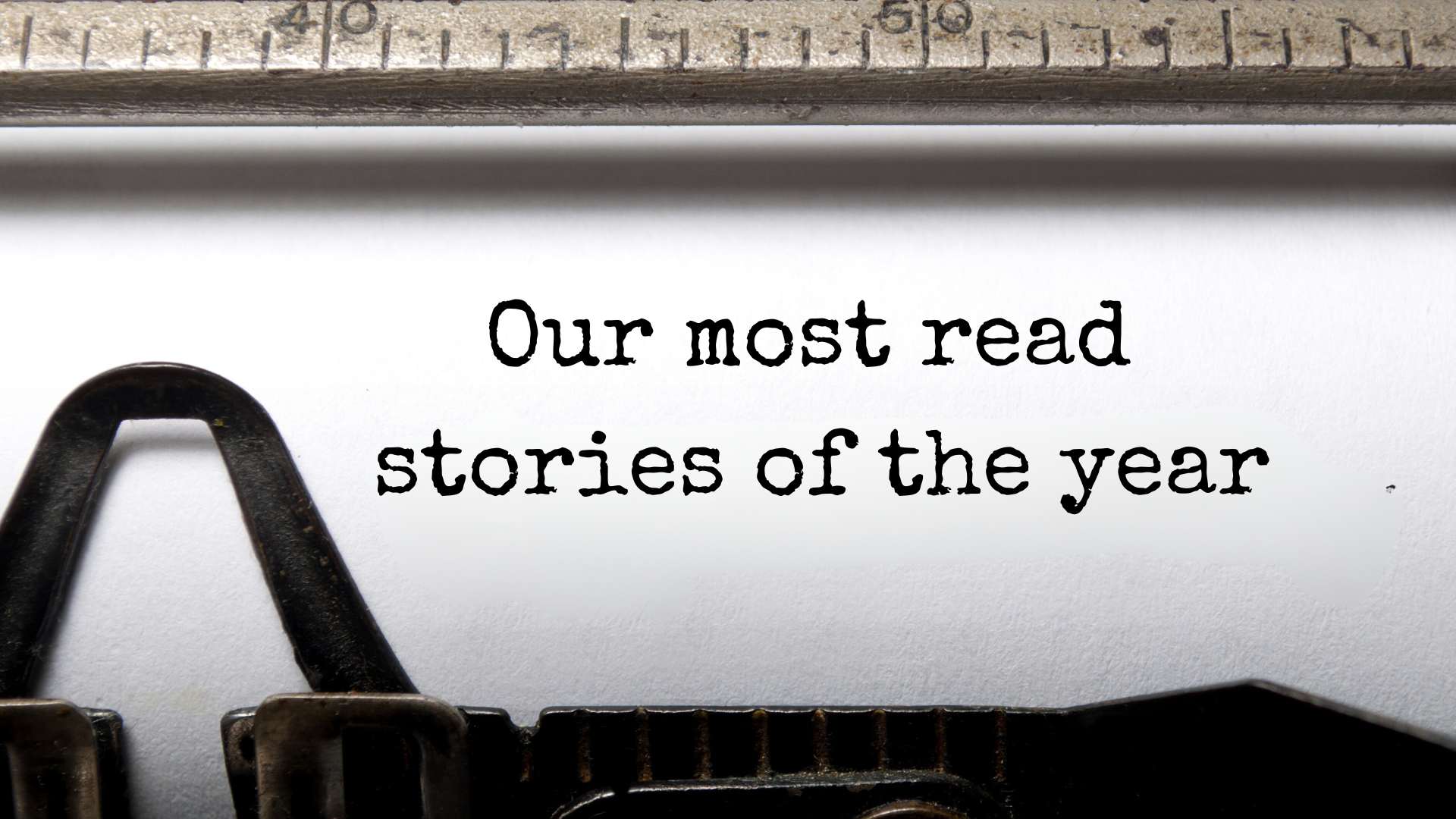
A typewriter with the words, “Our most read stories of the year.” (Illustration by News Decoder)
When we at News Decoder choose stories to assign or accept story ideas from our correspondents and student journalists, there are a few things we want. We look for stories that cross borders — the problems they focus on are problems faced by many people in many countries.
We also seek to report underreported stories from underreported places so that young people get a sense of what is happening to people outside of their social media circles and outside what mainstream and corporate media report. And we look for stories that help our youth readers navigate digital media, because that has become their primary source of information.
But we are never quite sure what stories will resonate most with our readers, who come from all over the globe and represent all ages, cultures, ethnicities, religions and gender identities.
So below is a top 10 list of the stories that you, our readers, gravitated towards the most. They represent a wide range of interests: from the U.S. election to the global problems of plastic, mental health, media literacy, censorship and falling space junk.
One of the stories was written by teen journalists: “Who wants a therapist who’s robotic? But a robot therapist? Maybe.” It was authored by Sienna Mamoun and Alexa Taras of The Hewitt School in the United States, and was also the first prize winner in our December storytelling competition.
Perhaps you missed these stories. Or perhaps you would like a second read. Regardless, we present the list here as we enter the new year.
Next year will be News Decoder’s 10th anniversary. In the coming year and coming decade we hope to present you will more important and fascinating stories from across the globe.
1. To wean the toy industry off plastic is no easy game
The global toy industry has a plastics predicament: How to feed children’s appetite for new toys, keep prices low and not harm the Earth in the process. Read the story.
2. Can you say it in plain English? A new Quebec law says: “Non.”
Selling books in English in Montreal is a political statement, unless you are simply someone who loves books in any language. Read the story.
3. From hero to zero: Overcoming post-Olympic blues
The Olympics are the pinnacle of an athletic career. But after athletes step off the podium a deeper challenge awaits. Who are they when the uniforms come off? Read the story.
4. Building media literacy into school curriculums worldwide
If a child is old enough to learn to read, it’s time to teach them to be media literate. But how to implement that in schools takes some problem solving skills. Read the story.
5. What happens when space junk falls to earth?
Way up over our heads satellites and rocket parts orbit the Earth. Sometimes pieces of metal fall towards us. Most burn up in the atmosphere, but not all. Read the story.
6. Who wants a therapist who’s robotic. But a robot therapist? Maybe.
Artificial intelligence shows promise and peril. But some people might find it more comforting to tell their problems to a machine than a human. Read the story.
7. A treaty on plastic to combat waste colonialism
Making sure wealthy countries can’t dump their plastic waste on poor nations is important. But how can we stop producing it in the first place? Read the story.
8. Decoder Replay: Why a backlash against wokeism?
The term “woke” is caught up in a divisive culture war in the United States. Why is the idea of social justice not universally accepted? Read the story.
9. Does the stock market prefer one candidate over another?
Voting your conscience might affect money markets but perhaps not in the way many people think. Read the story.
10. Give youth a good reason to vote
There is a belief that young people don’t care enough to cast a ballot. But maybe politicians need to address the issues they care about. Read the story.


